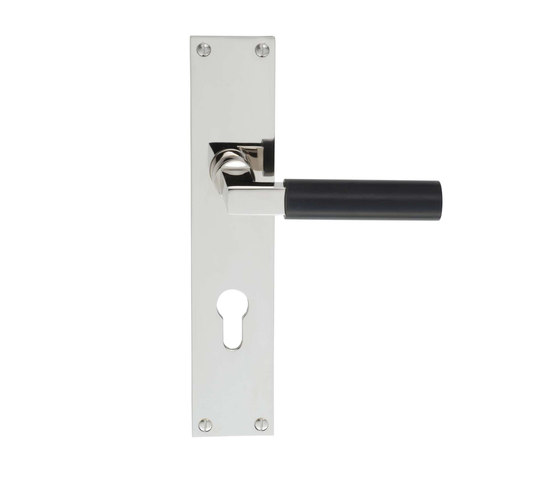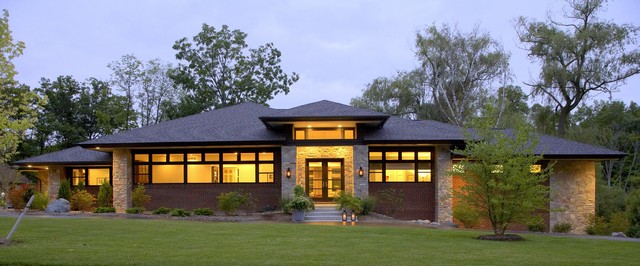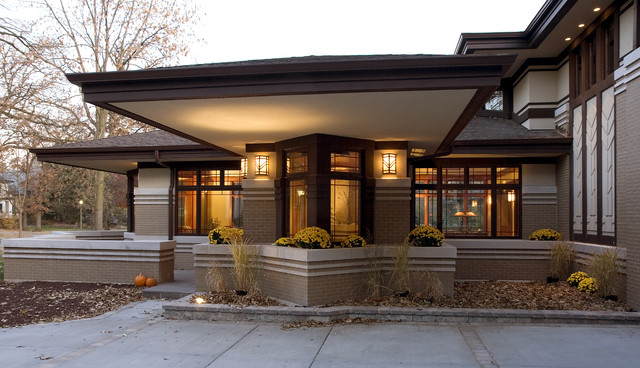Art Deco began in France in the 1920s and spread throughout the U.S. and European countries at the beginning of WWII, largely due to the Normandie French Ocean Liner. This era was not concerned with functionality or technology. Art Deco was influenced by Art Nouveau and the style shows this characteristic through its fashion oriented and strongly decorative designs. It brought a tension between the functionalists who supported mass production and social good and the decorators who were advocates of labor intensive craftsmanship and not concerned with social theory.
The exhibition of interior design at the 1925 World's Fair showcased furniture, lamps, textiles and accessories which all included sharp angles and cubic forms. Aluminum, black lacquer, and glass were the most common materials and finishes as well as the zigzag or chevron design. Folding screens, stepped profile of furniture (skyscraper furniture), large mirrors, and prominent light fixtures of modern materials were the essence of Art Deco.
Furniture was made with rich materials such as tortoise shell, leather, ebony, and polished metals as well as glass and mirrors. A few significant architects and designers include Maurice Dufrene, Jean Dunand who moved more toward geometric forms and was a decorator for the wealthy, Jean Michel Frank who was a minimalist and created plain-lined furniture, Jacques-Emile Ruhlmann focused on glamour and used unusual materials, and Eileen Gray who has already mastered the lacquer screens and designed many notable pieces of furniture.
Original Applications:



Current Applications:



Animation of House by Eileen Gray: https://www.youtube.com/watch?v=e5JjOChTioA






